Company level
Principal means of evidence reporting for manufacturers
OHSAS 18001 is an international occupational health and safety management system specification. It sets out the minimum requirements for occupational health and safety management best practice. The standard was created by a number of the world’s leading national standards bodies, certification bodies and specialist consultancies. A new standard ISO 45001 is in preparation and is expected to replace OHSAS 18001.
OHSAS 18001 is the most commonly requested certification on Health and Safety issues directed at construction product manufacturers by procurers.
Founded in May 2009 by the UK Government, SSIP is an umbrella organisation that facilitates mutual recognition between the many health and safety prequalification schemes that exist with the aim of reducing bureaucracy and cutting costs in the supply chain. In addition, the SSIP Core Criteria for assessments are aligned to the government-backed construction pre-qualification PAS 91:2013 which consists of a standard set of agreed pre-qualification questions which include health and safety issues.
Members of SSIP include Constructionline, Achilles, CHAS, and SafeContractor which are procurement and supply chain management schemes that collect, assesses and certify standard company information based on PAS 91:2013 for client and procurement bodies. They will accept a SSIP member scheme certificate or an OHSAS 18001 certificate from a UKAS accredited certification body as an exemption from completing their own relevant section of their questionnaire on Health and Safety. Buyers can search their online databases for suppliers.
Manufacturers comply with different schemes dependent on the requirement of the client or principal contractor.
Secondary means of evidence reporting by manufacturers
BES 6001 is a certification scheme for the responsible sourcing of construction products. It is owned by BRE.
The scheme sets out requirements under 3 main headings:
- Organisational management
- Supply chain management
- Environmental and social issues
To some extent it is hybrid between product and company-level certification.
The emphasis of the scheme is on material traceability through supply chains but it also assesses company management of health & safety systems.
The scheme has gained some traction in the marketplace. BRE provides a list of all current BES 6001 certificates on its website. These are arranged by construction product category and the rating achieved by each company.
First issued in 2008, the scheme is now on Version 3.1 which was issued in May 2014.
Within BRE's BREEAM Building Rating Scheme, some Material Credits can be gained from having a BES 6001 certification (as well as from other responsible sourcing certifications).
Product level
Principal means of evidence reporting
Product Safety Data Sheets are issued by construction product manufacturers to provide information to users on health and safety matters. They also fufil the obligations of the Health and Safety at Work Act Section 6 (duties of suppliers /manufacturers).
Construction products are subject to the EU Construction Products Regulation (CPR). The CPR requires manufacturers of products covered by a harmonised standard and manufacturers who have obtained a European Technical Assessment for their product, to draw up a Declaration of Performance (DoP). These manufacturers are required to take on the responsibility for the assessment of their products and for the conformity of their products with the declared performances. They also need to show that they have done this by providing CE marking.
The CE marked product must enable the construction works to meet the Basic Requirements for construction works (see Annex 1 of the CPR). For health and safety issues these include:
- Basic requirements No. 2 - Safety in case of fire
- Basic requirements No. 3 - Hygiene, health and the environment
- Basic requirements No. 4 - Safety and accessibility in use
- Basic requirements No. 5 - Protection against noise
Registration, Evaluation, Authorisation and Restriction of Chemicals (REACH) is a European Union regulation which came into force in 2007. It addresses the production and use of chemical substances, and their potential impacts on human health and the environment.
Manufacturers must comply with REACH and it makes companies which place chemicals on the market (manufacturers and importers) responsible for understanding and managing the risks associated with their use.
Secondary means of evidence reporting by manufacturers




